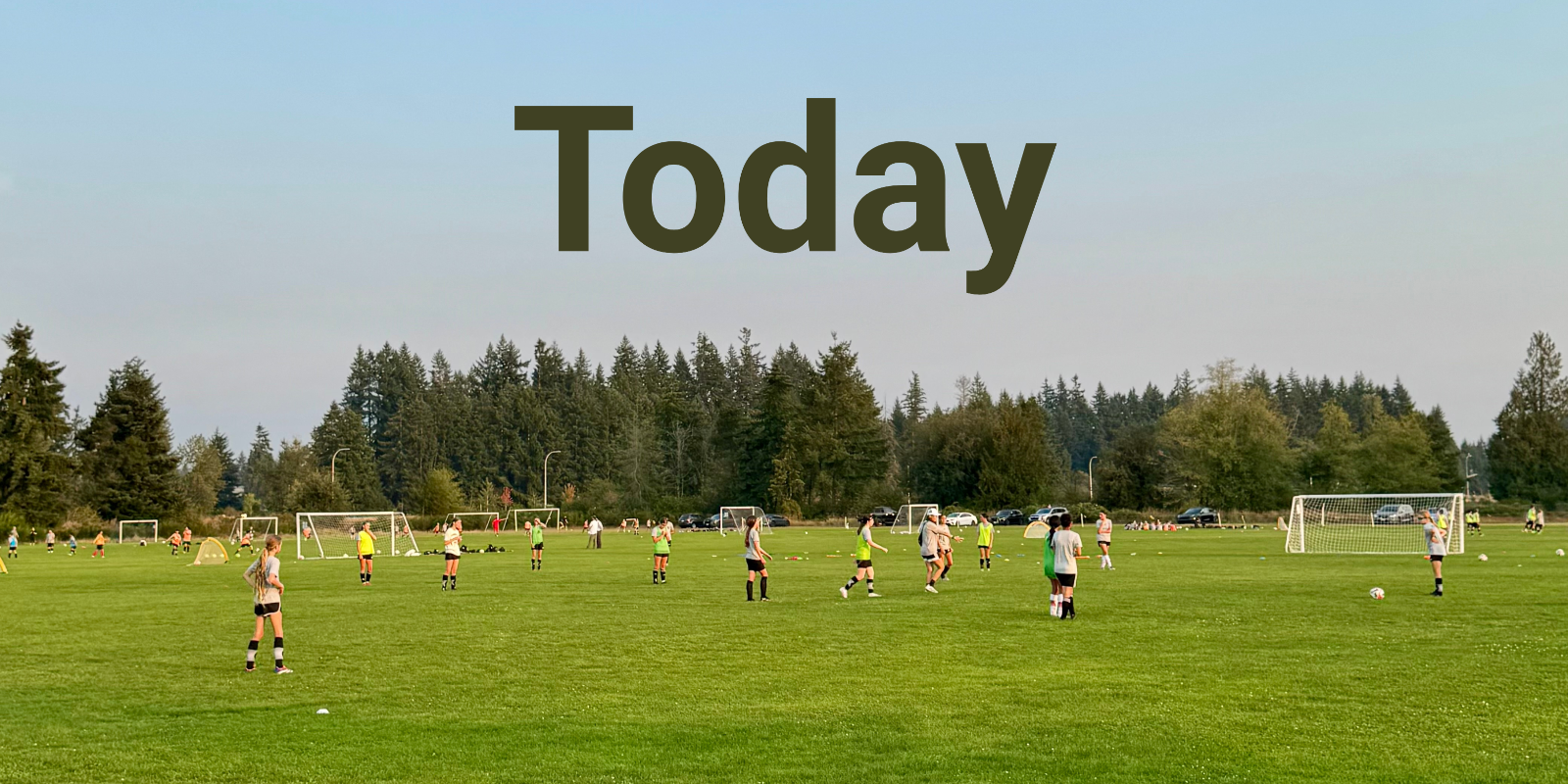
Building for the Future
Ongoing fundraising, volunteer labor, and community partnerships expand and maintain the fields. Infrastructure improvements, such as parking, irrigation, and equipment upgrades, lay the foundation for long-term sustainability and regional growth.

A new chapter
Name change and rebrand to Capital Soccer Fields to better reflect the independent nonprofit identity.

A Thriving Legacy
Now known as Capital Soccer Fields, the complex hosts 800+ matches each year, welcoming teams from across Washington. It stands as a living symbol of community spirit and love for the game.